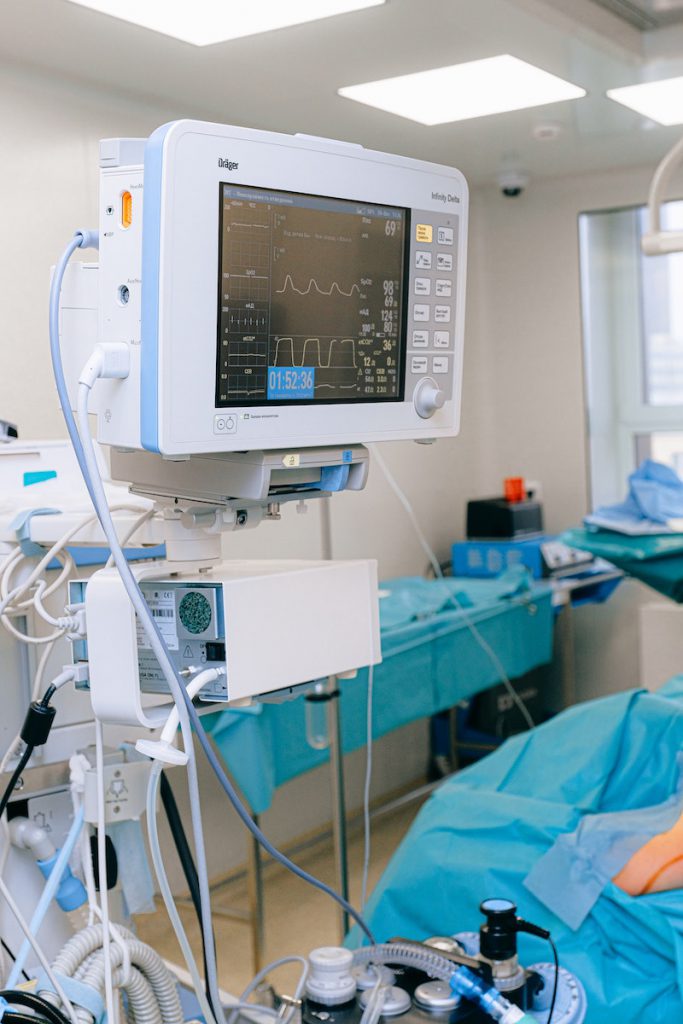My Private Practice: To Buy or Lease Medical Equipment

When you are setting up as an independent healthcare practitioner, there is a lot to consider. Issues about how to find patients, where to find your medical equipment and whether to hire a secretary may loom large on your agenda. But you also need to give some thought to financing your fledgeling business too.
More businesses fail in their first year than at any other time, and the biggest issue for most is money.
What’s more, banks know that too. This is why it is extremely hard to persuade banks to fund new businesses, whatever their rhetoric. So, what are the options for a new business?
The crucial question to ask yourself is whether you actually need to make any ‘capital outlay’. That is, do you need to buy premises or equipment? Buying premises or medical equipment is both extremely expensive, and also a risk. You will have to pay for their upkeep, and also service any debts that you incurred to buy them, such as a mortgage. On the other hand, you will own an asset that can be either sold or borrowed against in the future, should you need to raise more funds.
For many private practices, leasing can be a much better option.
Instead of needing to take out a large loan, you can instead fund the use of equipment or premises from your regular income. An astonishing amount of equipment can be leased, including both specialist medical equipment and ordinary, bog-standard office equipment such as a photocopier or printer, or even furniture.
And the monthly costs of leasing can also be quite low, especially if you shop around, because leasing effectively spreads the purchase cost over several years. You may even be able to negotiate a deal where you don’t start to pay until the equipment has generated some income for you.
There are two other big advantages of leasing.
The first is that you can upgrade easily. This is ideal in any industry that relies on technology because ‘new’ quickly becomes ‘out-of-date’. A leasing company will likely be writing off the costs of the equipment over two to five years, depending on its expected lifespan. It will, therefore, be expecting you to want to upgrade in that timescale too.
The second advantage is in the way that leasing is treated for accounting purposes. You may not find accounting very exciting, but this could make a difference to the way that your business is treated by lenders, potential funders and also the taxman, so it pays to consider it. Equipment that you buy is reported in your accounts. It is either an ‘asset’, if you have fully paid for it, or a ‘liability’ if you have taken on a debt to fund it. A lease is treated as an operating expense, not a liability. This means that a business that is leasing looks financially better off than one that has taken out a loan to buy.
Ultimately, buy or lease is a matter of preference. But it can certainly pay to understand the advantages and disadvantages of each before making a decision.
Medstars Medical Concierge Service
Looking for extra guidance when it comes to your healthcare? Sometimes interpreting medical information and making the best decisions can be daunting and complicated. Our private medical concierge service provides easy access to top UK health experts. We guide our patients with genuine choice and trust, offering a bespoke service for anyone in the world seeking private UK healthcare. Learn more about Medstars Medical Concierge Service. Want to learn more about providing our medical concierge service as an employee benefit? Learn more about Medstars Medical Concierge for Business.
